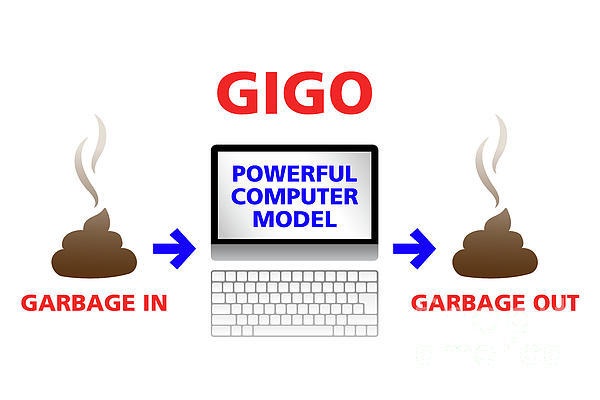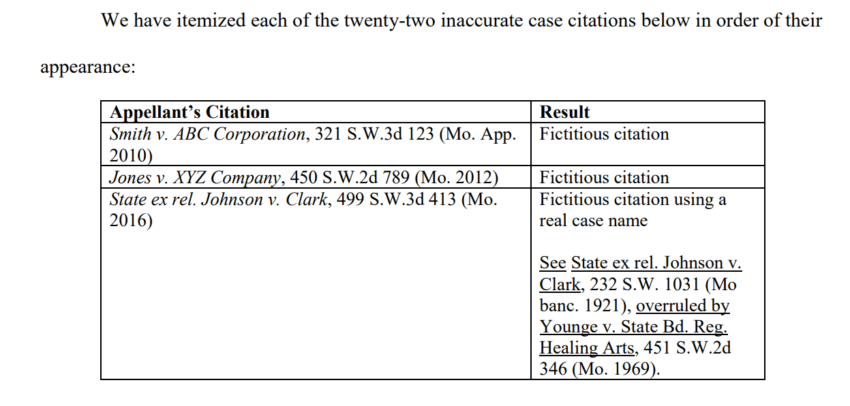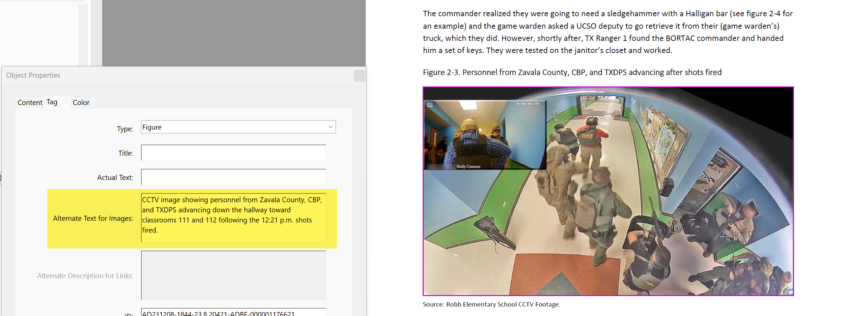In less than a year after the ChatGPT usage in Mata v Avianca, Inc., SD NY (Docket No. 1:22-cv-01461) captured headlines, we’re starting to see a pattern and lessons for how adverse parties and courts are handling suspected fake-case court filings. The pattern often follows the routine of other claims when reliability may be questioned…
Should judges with public social media accounts who block other users or delete others’ comments care about Lindke v Freed? Maybe. It depends.
Friday’s unanimous SCOTUS opinion (Lindke v Freed, 601 US __ (2024)) involving the Port Huron, Michigan city manager who sometimes deleted comments and later blocked a user from his public Facebook page offers interesting food for thought for other public officials—including judicial officers. Even though the case has been remanded for more fact-finding, it seems…
Florida attorney receives one-year suspension from practicing in a Florida federal court for including fake cases in court filings (and for other misconduct)
Today, a federal judge in the Middle District of Florida issued a one-year suspension order to attorney Thomas Grant Neusom for naming fabricated cases in filed court documents and for violating other court procedures, processes, and civility expectations. The relevant facts and proceedings toggle between two case files: Clark Pear LLC v. MVP Realty Associates…
Justice Sotomayor’s call to action about public participation and public service, “in word and deed”
Supreme Court of the United States Justices Sonia Sotomayor and Amy Coney Barrett recently participated in a conversation at the National Governors Association Conference. To an applauding audience of public officials, Justice Sotomayor encouraged the public servants to be mindful of the example they want others to follow. (Video link will open in new tab.)…

Testing should be believing: AI tools like ChatGPT, Claude, Gemini, Copilot, etc. cannot be used for primary legal research or drafting
Given the continuing reports about lawyers being referred for professional discipline or self-represented litigants being sanctioned for AI-generated court filings that include bogus content, today I took the most common (and free version) AI tools for a legal research and writing test. TL;DR: Do not use. Spare yourself the risk of sanctions and professional discipline….

Even self-represented litigants can be sanctioned for court filings that include AI-generated, bogus case law cites
A Missouri business owner opted to handle his own appeal following a November 2022 unpaid wages judgment ($311,313.70 with interest accruing 9% per year). For the research and writing part, the self-represented business owner hired an online consultant who claimed to be a California-licensed attorney. (See page 2 of the Reply brief for the explanation.)…

Effective image captions and alternative text practices in the Robb Elementary School Active Shooter Critical Incident Review report
The legal writing community often does not recognize the need for or include captions or alternative text when pasting images in their complaints, motions, briefs, or court-authored opinions. Image understanding becomes inaccessible for some audiences. And unnumbered images can make for messy and confusing record cross-references. While many court rules fuss about font type and…
To require a notarized signature or not: A simplified workflow for reviewing court form signature requirements
Appreciated the chance to take the research and writing lead on this white paper just published by the National Center for State Courts about how to reconsider court form notarization requirements. To require a notarized signature or not: A simplified workflow for reviewing court form signature requirements

Plain-language friendly Michigan Rules of Evidence go into effect on January 1
After a great deal of collaboration, study, and public hearing, Michigan’s revamped Rules of Evidence went into effect on January 1. (Here is a clean version.) The new version is impressively shorter by more than 1,200 words. The administrative order’s staff comment explains: The amendments of the Michigan Rules of Evidence (MRE) reflect the work…
Asking Google to remove PII or doxxing content from Google Search
Good information to know. Google has a form where you can request Google to take down certain results or information, including info that could be used for doxxing you (like ID numbers, financial information, medical records, your physical address, and other contact information). Here is the link where you can learn more and start a removal…

